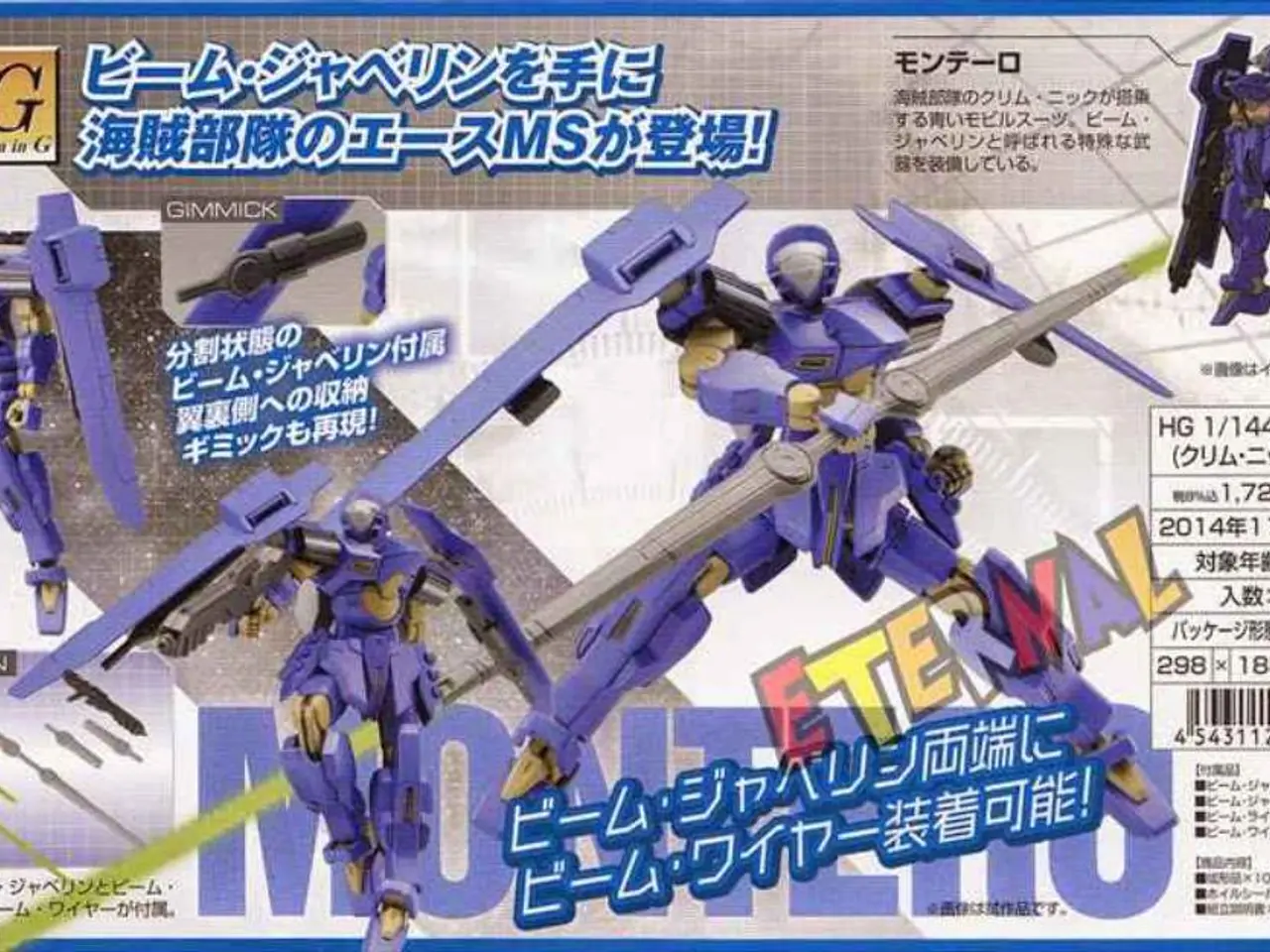Enhanced Efficiency in Solid State Heat Pumps via Scientific Advancements
The world of cooling technology is set to change with the introduction of a new thin-film thermoelectric heat pump, developed by researchers at Johns Hopkins University and Samsung. Known as CHESS (Controlled Hierarchically Engineered Superlattice Structures), this innovative technology boasts several advantages over traditional compressor-based refrigeration systems and existing thermoelectric devices.
One of the most significant advantages of CHESS is its efficiency. In theory, CHESS devices are 100% more efficient at room temperature than traditional thermoelectric materials, and when implemented in practical devices, they achieve a 70% to 75% efficiency improvement[1][2][3]. This efficiency boost could lead to more energy-efficient cooling solutions for various applications, from portable coolers and wearables to large-scale building air conditioning systems.
Another advantage of CHESS is its scalability and manufacturing. The CHESS materials can be grown using metal-organic chemical vapor deposition (MOCVD), a scalable industrial process, making it feasible for widespread commercial adoption[2][3]. This means that the technology could be accessible to a broad range of industries, from consumer electronics to construction.
The thin-film nature of these materials also makes them compact and versatile. They are only about 25 μm thick, making them suitable for small-scale applications like wearables and large-scale applications like building air conditioning[1][3]. Furthermore, CHESS materials can convert temperature differences (e.g., body heat) into usable power, opening possibilities for energy harvesting in various applications[2].
Initially developed for national security applications, CHESS materials are already being used in medical prosthetics for cooling[2]. Potential uses in energy-harvesting technologies for computers, spacecraft, and other devices that require power from ambient heat are also being explored. Advancements in tactile systems and human-machine interfaces could benefit from the efficient heat management capabilities of CHESS materials[2].
The new heat pump research has been published in the prestigious journal Nature, and a video about the new research can be found online. While the technology is not yet commercially available, the potential small size of devices made with CHESS technology would make them practical for wearables. The new heat pump devices are named Controlled Hierarchically Engineered Superlattice Structures (CHESS), and they are nano-engineered thin-film superlattices, approximately 25 μm thick.
In practical devices, thermoelectric devices and systems using CHESS have improved by around 70% to 75% with the use of CHESS. The efficiency improvement of CHESS devices suggests they could be beneficial for wearable technology, offering coolers that provide air conditioning for large buildings and portable devices that require temperature regulation. Moreover, the new technology can be used to create tiny heat pumps, which could find application in cloud chambers, as traditional modules sometimes do.
The new heat pump technology is said to be significantly more efficient than current solid-state heat pumps, offering a promising solution for a more sustainable and energy-efficient future. Further details about the new heat pump can be found in the full paper published in Nature.
Science and technology are intertwined in the development of the new thin-film thermoelectric heat pump, named CHESS (Controlled Hierarchically Engineered Superlattice Structures). This innovation, created by researchers at Johns Hopkins University and Samsung, is not only more efficient but also scalable, making it accessible to various industries like consumer electronics and construction. With an efficiency improvement of around 70% to 75% compared to traditional thermoelectric devices, CHESS could lead to more energy-efficient cooling solutions for a sustainable and energy-efficient future.




